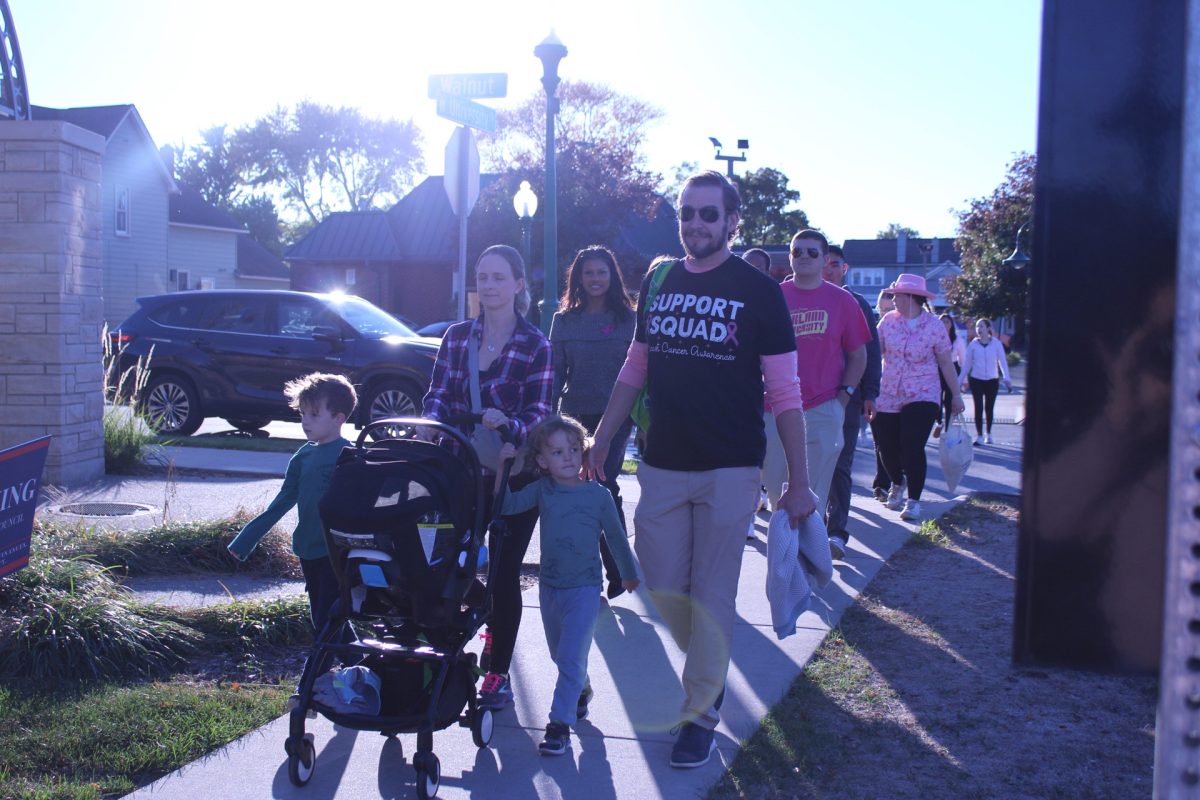OU’s Alumni Association hosted its webinar “Beyond the Grind: Reclaiming Joy and Harmony in Your Career and Life” on April 10. The webinar addressed toxic productivity and sacrificing well-being for achievements.
Tamu Thomas, a life coach and author of “Women Who Work Too Much,” addressed the roots of toxic productivity and guided the audience in reclaiming joy in their professional and personal lives by understanding the autonomic nervous system.
“I describe toxic productivity as the unconscious, obsessive-compulsive desire always to be productive,” Thomas said. “It’s when you build your life around work and forget that the purpose of work is to make a living to live.”
Thomas emphasized that toxic productivity also affects personal levels of life, distracting the working community from self-care.
“It is a pervasive and often unconscious drive to be constantly productive to the point where it negatively impacts your well-being, relationships and ability to enjoy life,” Thomas said.
She shared examples of work-life experiences.
“We end up being like computer systems with tabs of compulsion and characterized by an obsessive focus on work and productivity at the expense of all else,” Thomas said.
Health-related concerns are affected by toxic productivity subconsciously, creating a cycle of dissatisfaction to strive for.
“We are taught that our innate need is to detoxify our bodies, making our need for self-care secondary,” Thomas said.
She shared reassuring messages so the audience would understand that no one was at fault.
“It often leads us to detach from the present moment, ignoring the joys, relationships and self-care that make life fulfilling, and it’s marked by several key signs, including ignoring physical and emotional needs,” Thomas said.
She shared examples of skipping meals, losing sleep and harming the immune system to complete work accomplishments.
“This is often driven by guilt because we feel like spare time should not be wasted,” Thomas said. “It should be allocated to something from which we can get a tangible outcome.”
The conditioned feeling of toxic productivity impacts self-worth in correlation to how much work is done.
Thomas expanded on elevating self-worth and personal growth.
“Recognizing toxic productivity involves acknowledging these patterns and the toll they take on our lives,” Thomas said. “This requires redefining success, setting healthy boundaries and rediscovering the joy in life.”
She continued to explain the polyvagal theory by understanding the body’s autonomic responses to safety, danger and life threats through different experiences.
“Imagine this framework as a ladder with different steps, each representing how our nervous system prioritizes its reactions to our environment in a sensible hierarchy,” Thomas said.
She explained how to tackle these challenges and balance productivity and life boundaries.
“Just like we inhale, we need to exhale — otherwise, we won’t be able to live,” Thomas said. “Just like the work, we also need to be able to rest. Otherwise, we won’t be able to continue.”
The audience was advised to participate in positive affirmations by promoting safety with optimism.
The event ended with a short mental exercise and additional questions.
Visit the OU Events Calendar through the Alumni Association for more information about Thomas and future guest speakers.






